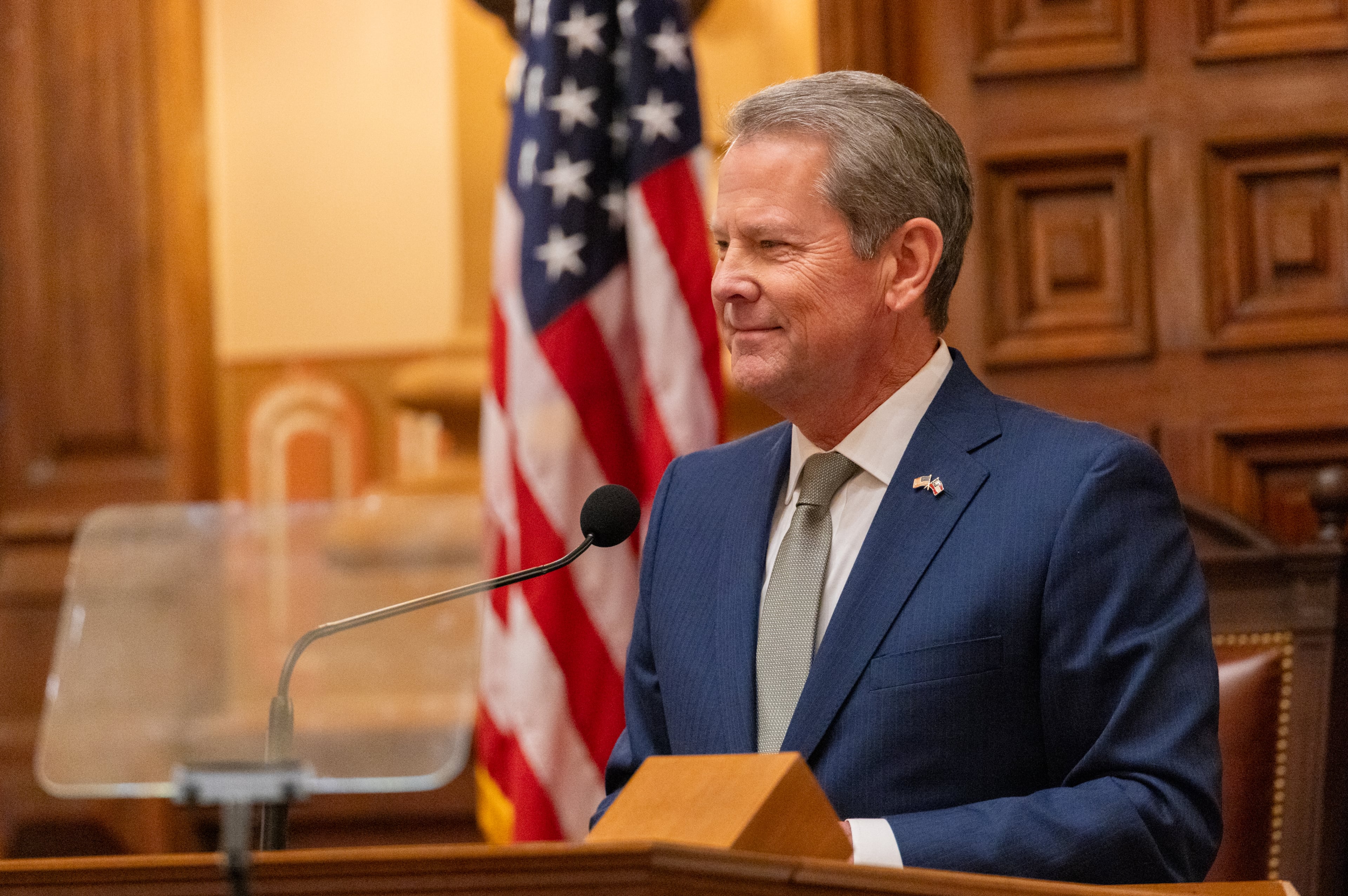Safety advocates push for tougher national teen driver laws
WASHINGTON -- Flanked by family members and other victims of teen traffic accidents, highway safety advocates took to Capitol Hill on Tuesday to call for passage of proposed federal legislation that would put tough limits on drivers under age 18.
Under the proposed Safe Teen and Novice Driver Uniform Protection, or STANDUP Act, every state would be pushed to implement conditional driver's license programs for drivers under age 18, prohibit teen drivers from texting or making cell phone calls and limit teen driving at night, among other things.
States that follow the rules would be rewarded with incentives that would likely range from $500,000 to $1 million per year for three years. States that don't follow the rules could face cuts in federal transportation funding.
"The goal ... is to keep in mind that we're losing teens every day on our highways," said Henry Jasny, general counsel for the Advocates for Highway Auto Safety, a nonprofit alliance of insurance, consumer and highway safety groups pushing for the legislation.
Georgia already meets many of the requirements of the proposed legislation. One area where it doesn't is in the age drivers can get permits. Georgia currently allows 15-year-olds to get conditional learner permits; the STANDUP Act as proposed wouldn't allow anyone under 16 to get a permit.
Bob Dallas, director of the Governor's Office of Highway Safety, said the state supports the STANDUP Act in general.
Georgia got ahead of the national curve in teen driving regulations beginning in 1997, when it enacted the Teenage and Adult Driver Responsibly Act that instituted a graduated driver's license program and added curfews and other teen driving restrictions. State officials say the law led to a nearly 45 percent decrease in speed-related crashes involving teenagers within 18 months.
Last year, there were 145 fatalities involving Georgia drivers between the ages of 15 and 20, according to state and federal statistics -- half as many fatalities as there were in that age group in 1997.
Beginning in July, Georgia toughened teen-driving rules even more, prohibiting cell phone use by drivers under age 18 and prohibiting texting by drivers of any age.
Even so, Georgia and every other state except New Jersey would not meet every letter of the STANDUP Act as currently proposed, Dallas said. He said he supports the incentive program to bring states into compliance but opposes sanctions.
"If states for whatever reason aren't able to pass a law within the first three years, then you'd have sanctions," he said.
The proposal isn't likely to become law before next year at the earliest. Introduced in the House and Senate in April, the legislation is stuck in committees and so far has garnered only lackluster support. No member of Georgia's congressional delegation has signed on as a co-sponsor.
For proponents such as Jim Portell of Davenport, Fla., passage of the law couldn't come quick enough.
If the legislation had been in place eight years ago, Portell's 15-year-old daughter Jamie would still be alive, he said. Instead, she died when the car full of teenagers she was riding in rolled over.
"No one should have to suffer such pain -- it almost feels inhuman," Portell said in prepared remarks. "Jamie was not just my daughter, she was my best friend."

